Faced with the complicated epidemic situation, unstable livestock product prices... are the difficulties that livestock farmers are facing, the Department of Agriculture actively advises the province to issue policies to support livestock development and disease prevention.
Direct specialized agencies to guide livestock farming households to promote the application of technical advances in breeds, care, feeding and disease prevention processes to minimize input costs; build disease-free livestock farming areas; promote digital transformation in livestock farming and traceability to meet food safety standards.
Currently, many livestock households have applied digital technology to production such as: IoT - Internet of Things and AI - artificial intelligence to monitor, control the environment, take care of livestock health; raising chickens using closed cage technology; applying good agricultural production practices (VietGAP) to ensure food safety and traceability.
In 2023, the Department of Agriculture directed the implementation of a model applying digital technology in pig farming, with a scale of 1,000 pigs at Mr. Nguyen Van Tuan's farm, Cao Quang village, Cao Minh commune (Phuc Yen).
With the barn climate monitoring and control system, automatic feeding system, barn management software, the model has created dual benefits in livestock farming, helping to reduce labor, save leftover food, ensure the health of livestock, while minimizing the spread of disease, contributing to reducing input costs, bringing high economic profits to farmers.
Along with that, in 2024, the Department of Agriculture will coordinate with Que Lam Group to deploy an organic pig farming model ensuring biosafety, following the circular economy in 10 households in the communes of Bo Ly, Minh Quang (Tam Dao), Tam Hong town (Yen Lac), Dao Duc town (Binh Xuyen) with a scale of 800 pigs, bringing an average profit of 1.5-2 million VND/pig/batch.
In addition, the model also contributes to reducing the risk of disease outbreak and spread, ensuring food safety and hygiene, and moving towards sustainable livestock development and protecting the ecological environment.
Ms. Luu Thi Thuy, Thanh Van commune (Tam Duong) has nearly 20 years of experience raising laying hens, so Ms. Thuy clearly understands the symptoms of disease in poultry and proactively takes timely disease prevention measures.
To keep the chickens healthy, Ms. Thuy's family bought chickens from reputable establishments; the coop was equipped with a cooling ventilation system, and used biological bedding to help balance the microbiological ecosystem in the coop, reducing the risk of disease. Regularly disinfect the coop, clean the feeders and drinkers, and vaccinate against diseases. Thanks to that, the chickens are always healthy, with a 90% laying rate, bringing a stable source of income to the family.
Thanks to the synchronous implementation of measures, livestock farming in the province has developed with the number of dairy cows ranking 6th and the number of poultry ranking 12th out of 63 provinces and cities nationwide. In 2024, there will be no major dangerous epidemics in livestock and poultry in the province, creating favorable conditions for the livestock industry to develop.
Up to now, animal husbandry has become a key industry, a breakthrough in the restructuring of the agricultural economy; industrial and semi-industrial farming methods have gradually replaced traditional farming methods. Large-scale farms have applied new technical advances and advanced technology to production, contributing to improving productivity, reducing costs, and increasing the competitiveness of products in the market.
To develop livestock farming associated with disease safety to ensure sustainable growth, the province continues to promote the application of digital technology in disease monitoring, traceability and livestock herd management; build disease-safe areas to help stabilize food supply.
Along with that, livestock farmers need to apply strict processes from breed selection, barn management to waste treatment to reduce the risk of disease outbreaks, especially African swine fever... creating new momentum for the livestock industry to develop towards added value and sustainability, contributing to promoting growth.
Source: http://baovinhphuc.com.vn/Multimedia/Images/Id/127234/Chan-nuoi-an-toan-dich-benh-gop-phan-giu-vung-tang-truong-kinh-te


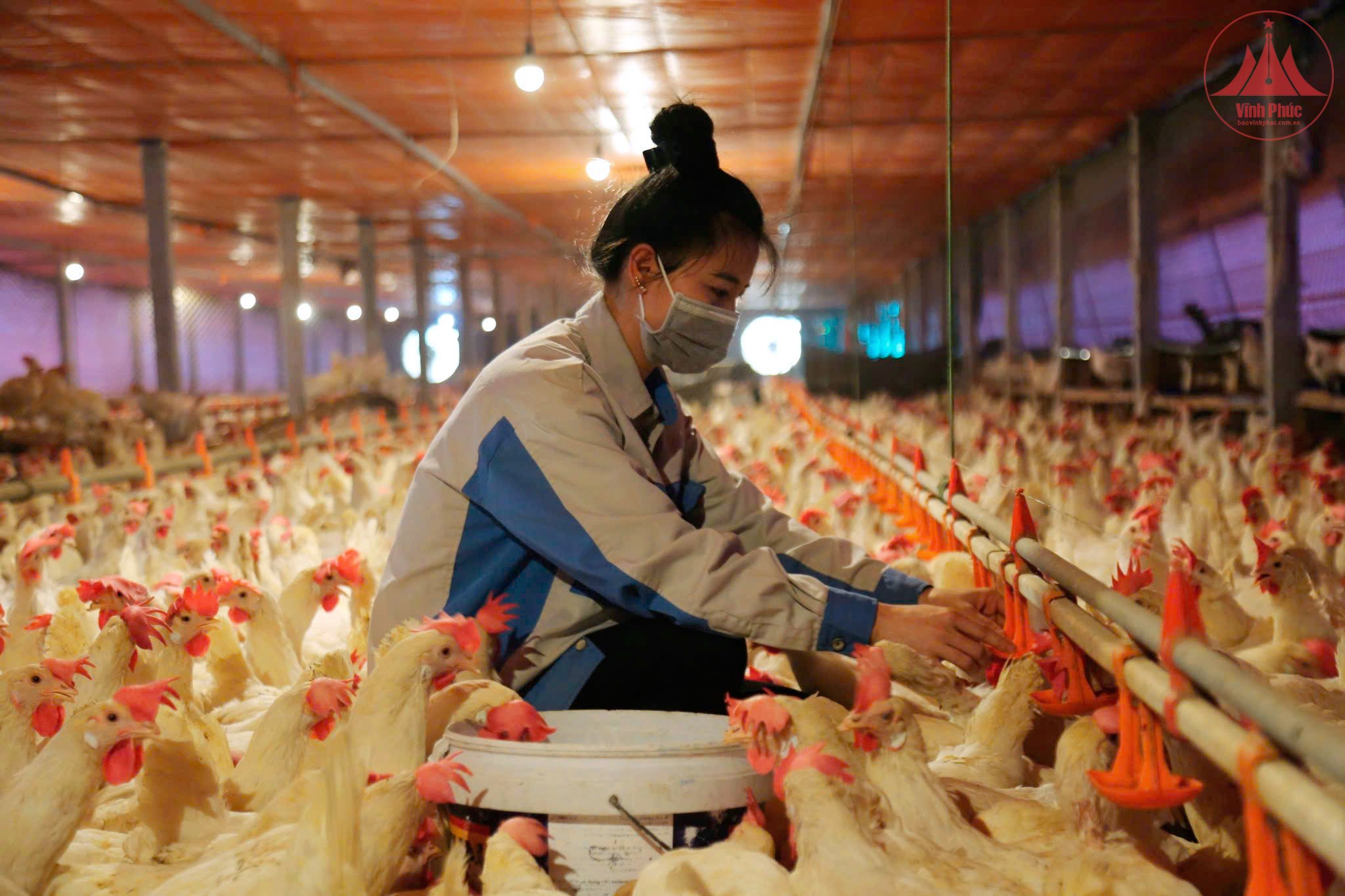



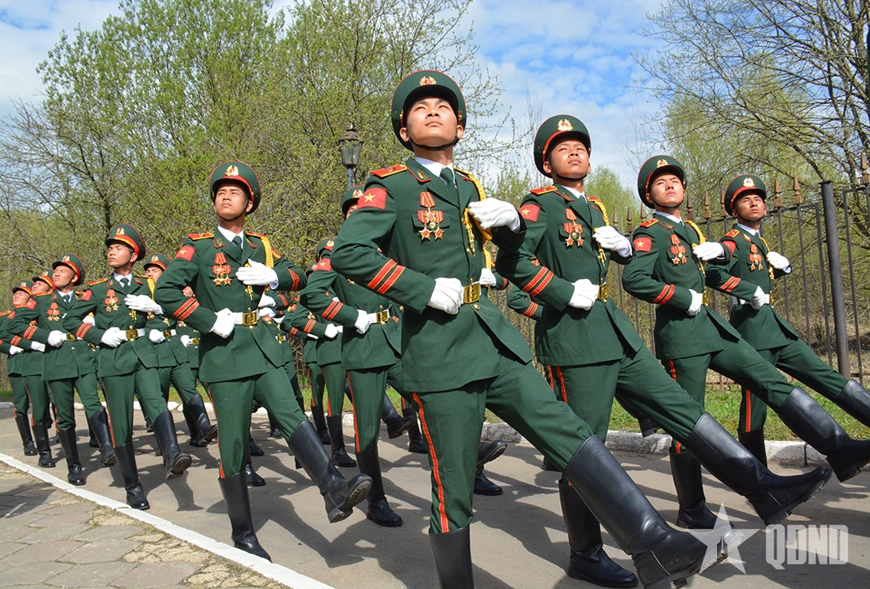

![[Photo] President Luong Cuong meets with Lao Prime Minister Sonexay Siphandone](https://vstatic.vietnam.vn/vietnam/resource/IMAGE/2025/4/25/3d70fe28a71c4031b03cd141cb1ed3b1)
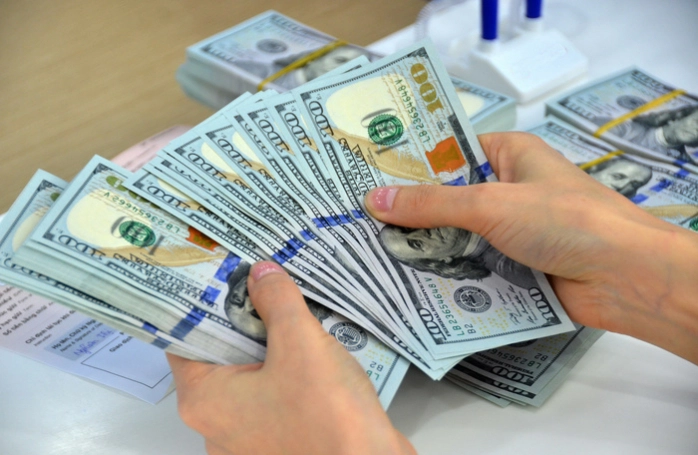
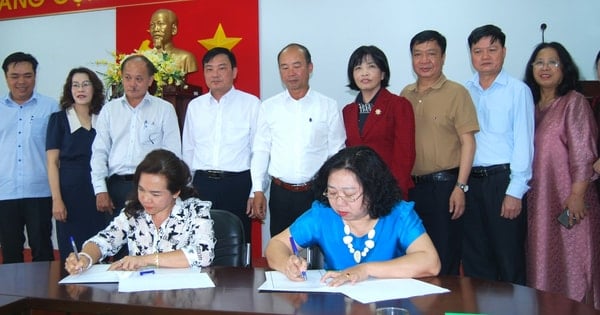
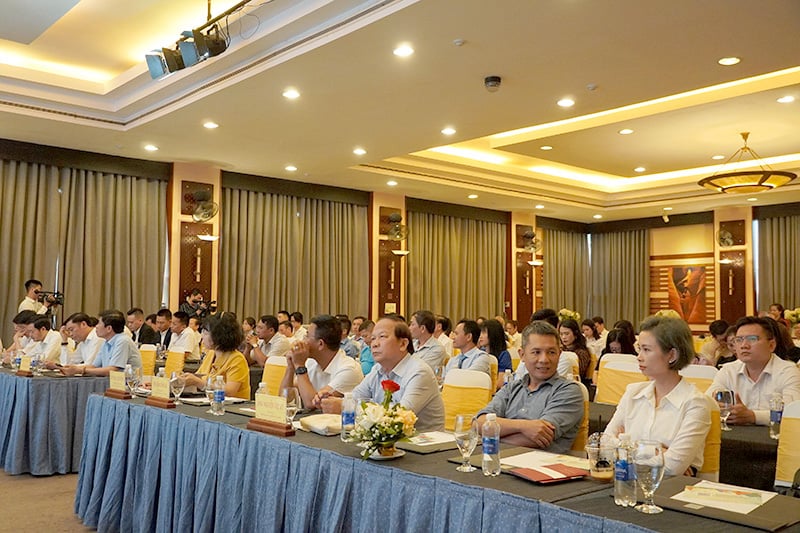
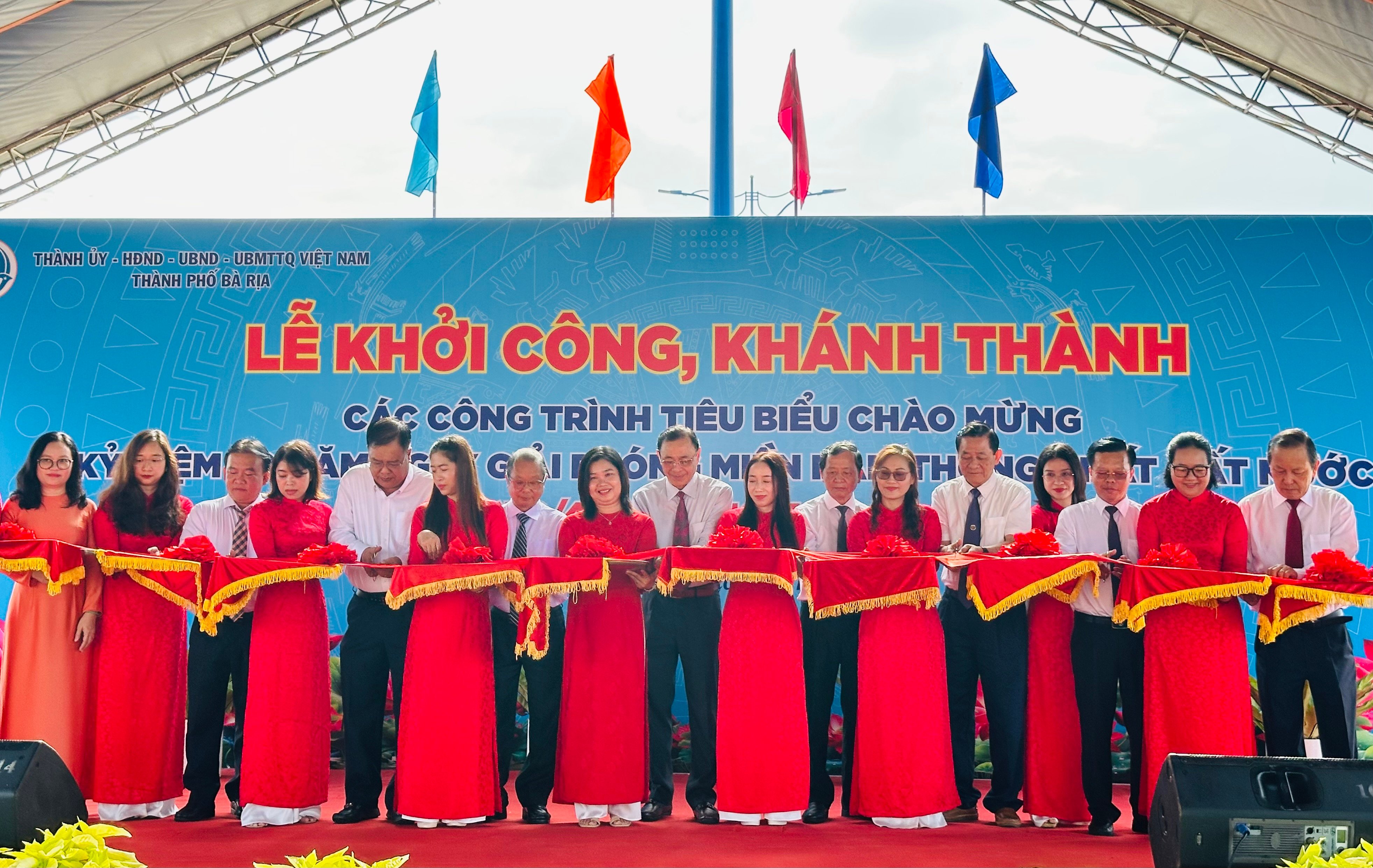
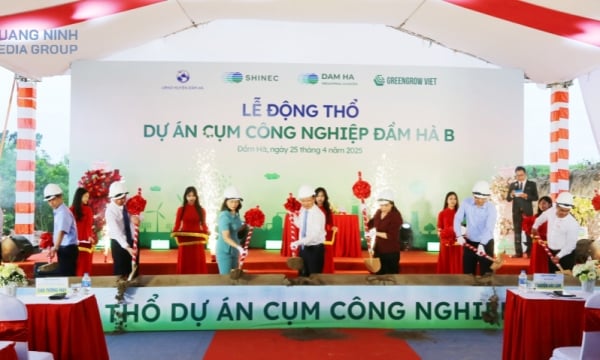
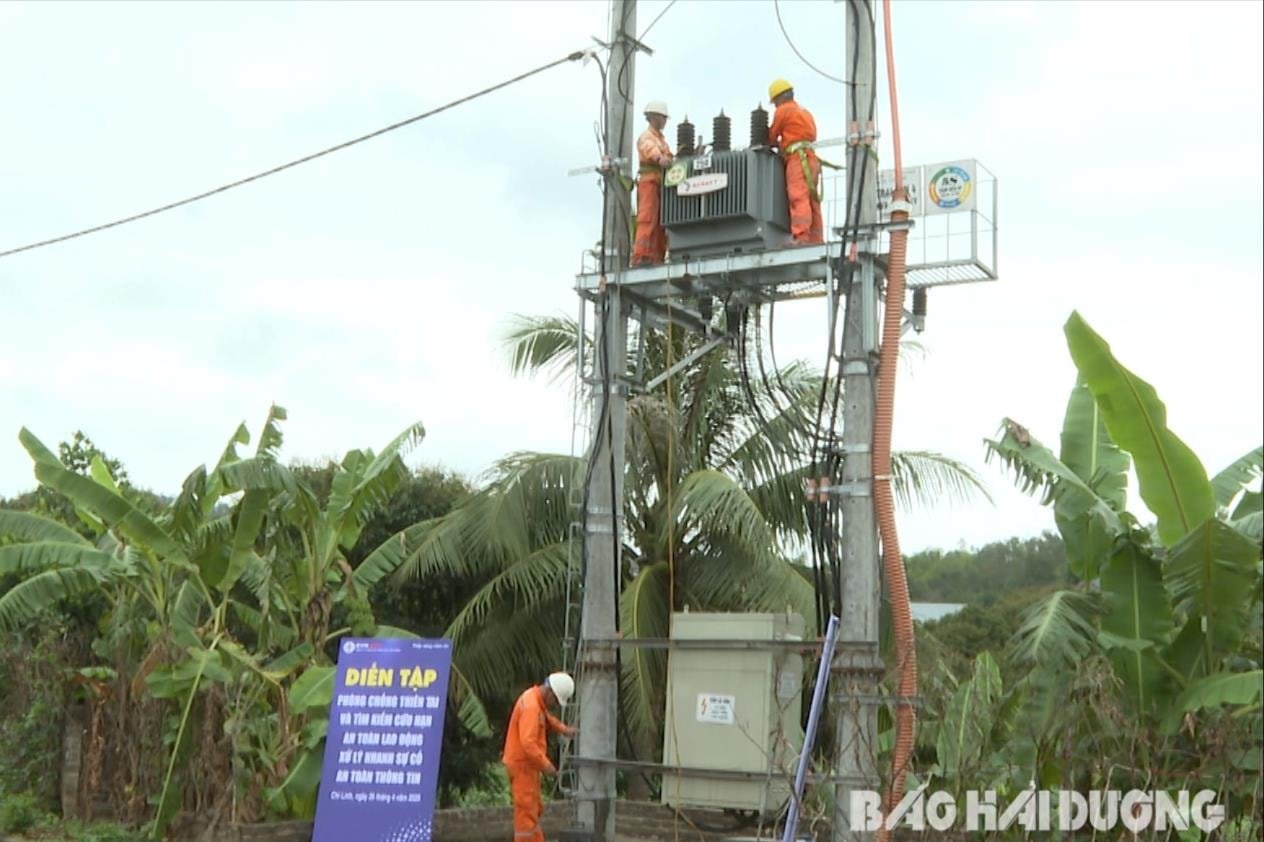

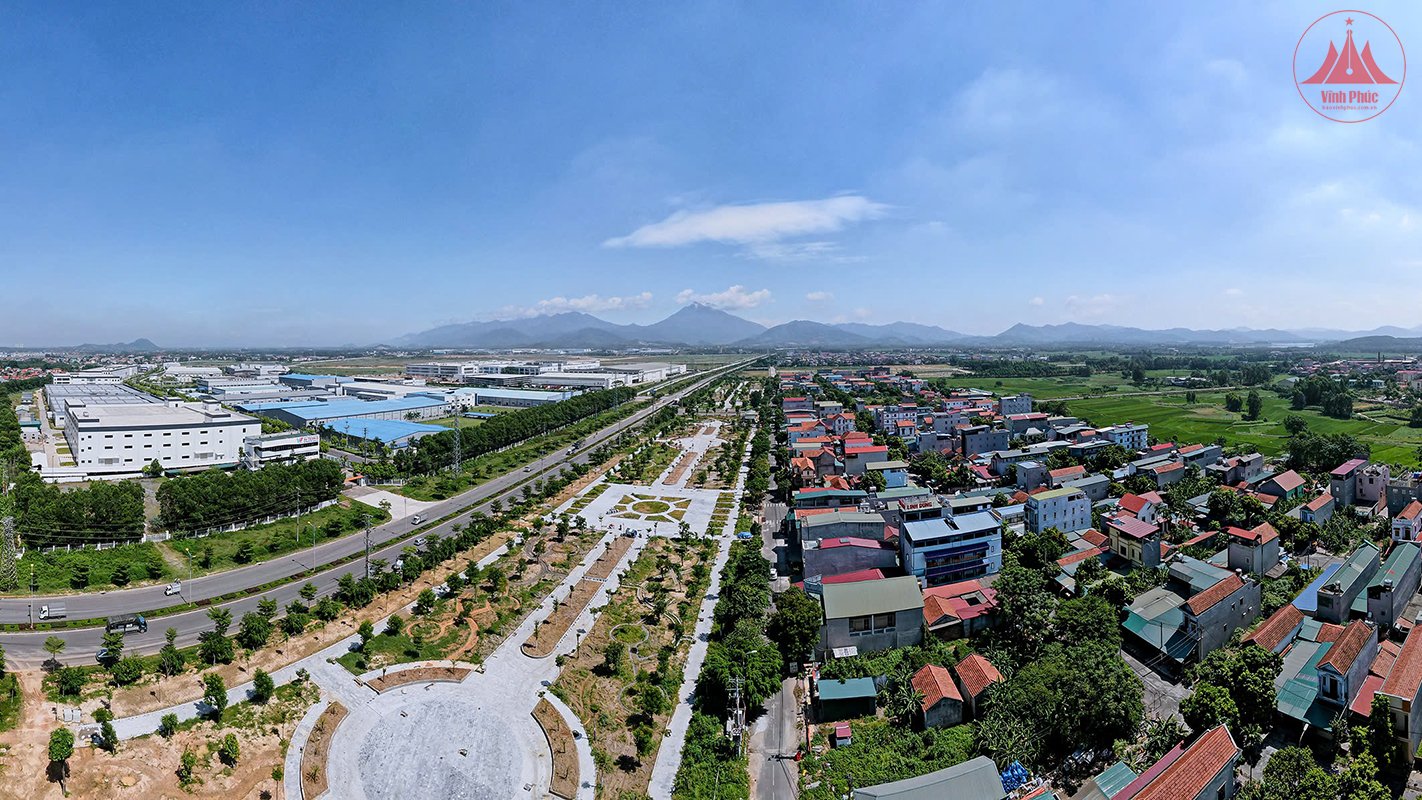
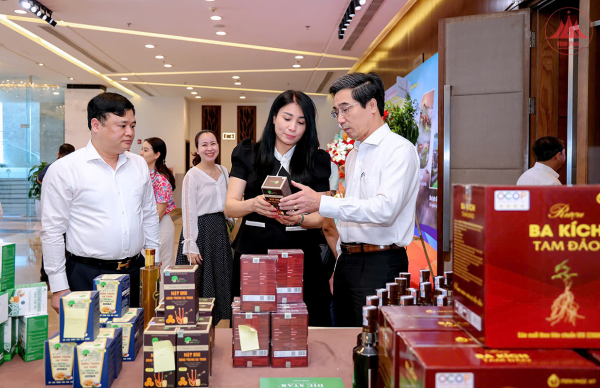


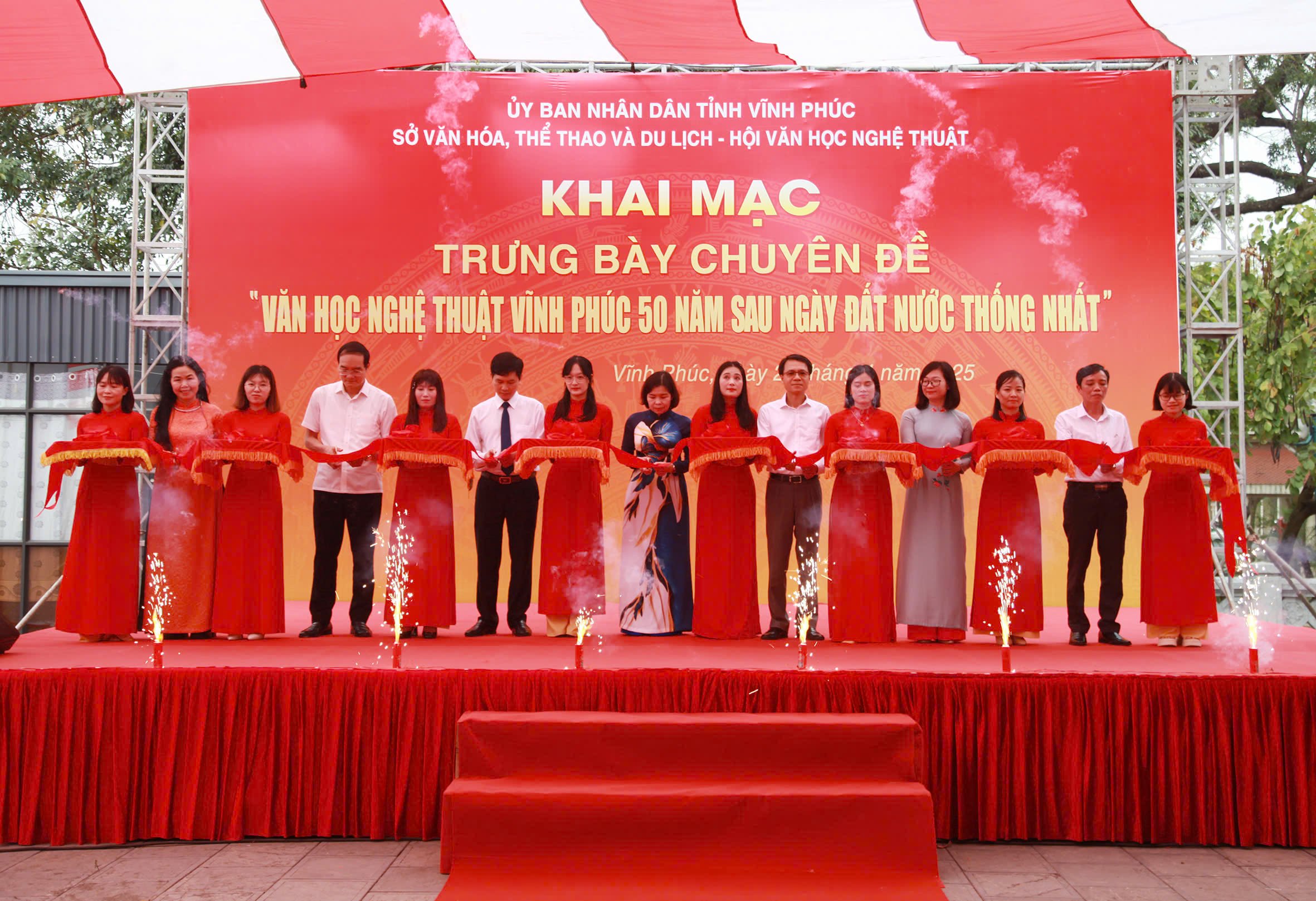


![[Photo] Liberation of Truong Sa archipelago - A strategic feat in liberating the South and unifying the country](https://vstatic.vietnam.vn/vietnam/resource/IMAGE/2025/4/25/d5d3f0607a6a4156807161f0f7f92362)
![[Photo] Ho Chi Minh City welcomes a sudden increase in tourists](https://vstatic.vietnam.vn/vietnam/resource/IMAGE/2025/4/25/dd8c289579e64fccb12c1a50b1f59971)






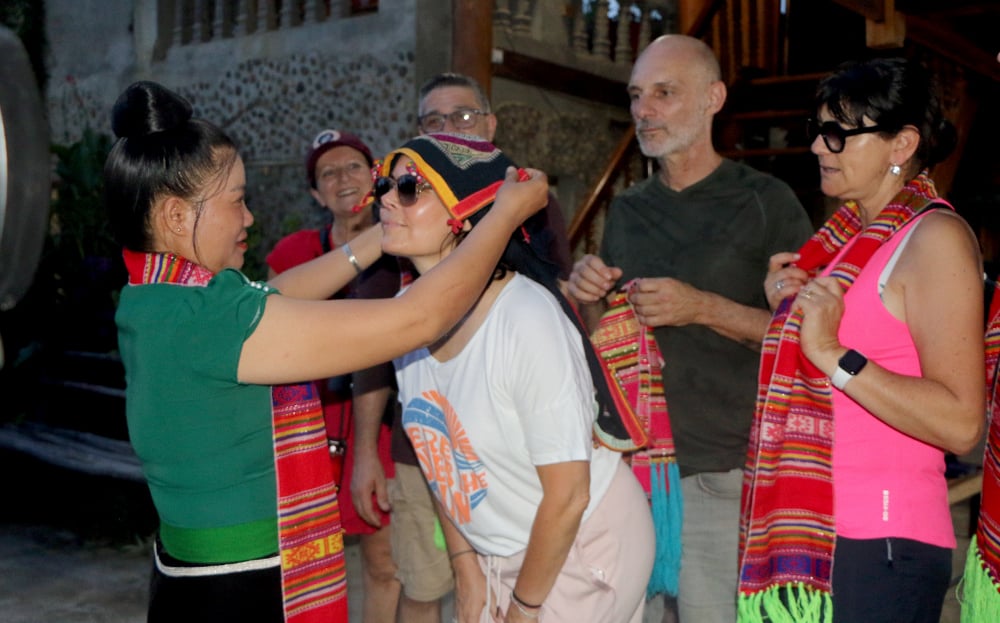

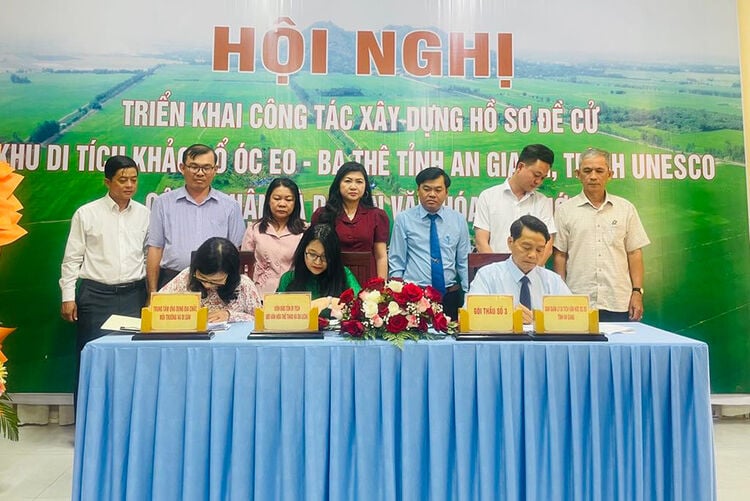

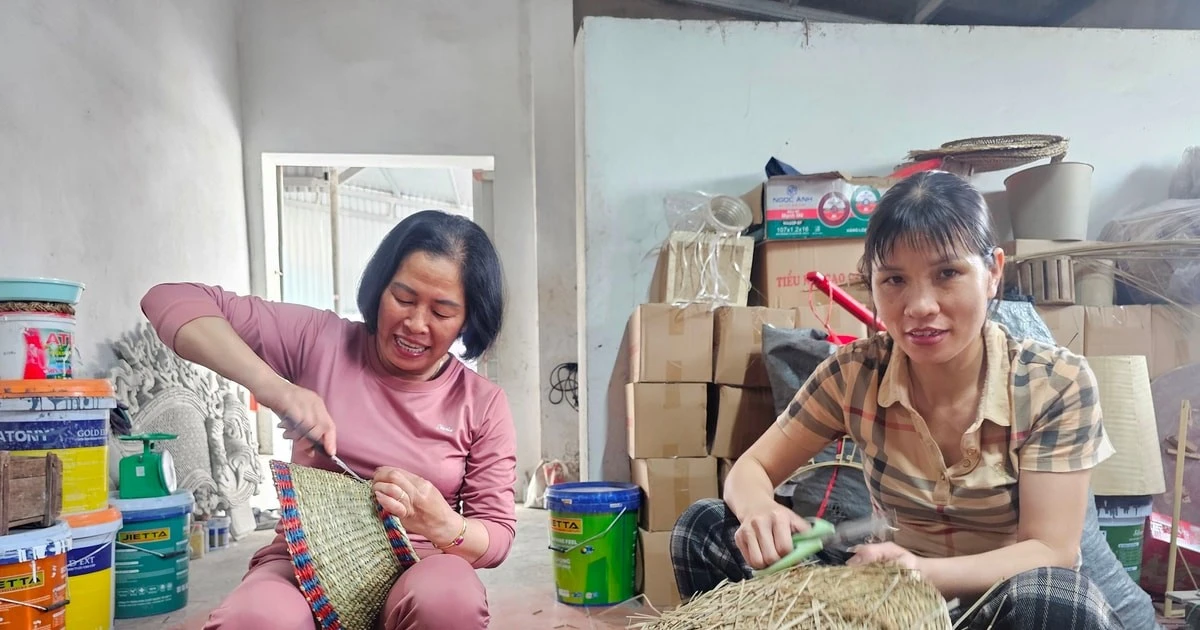









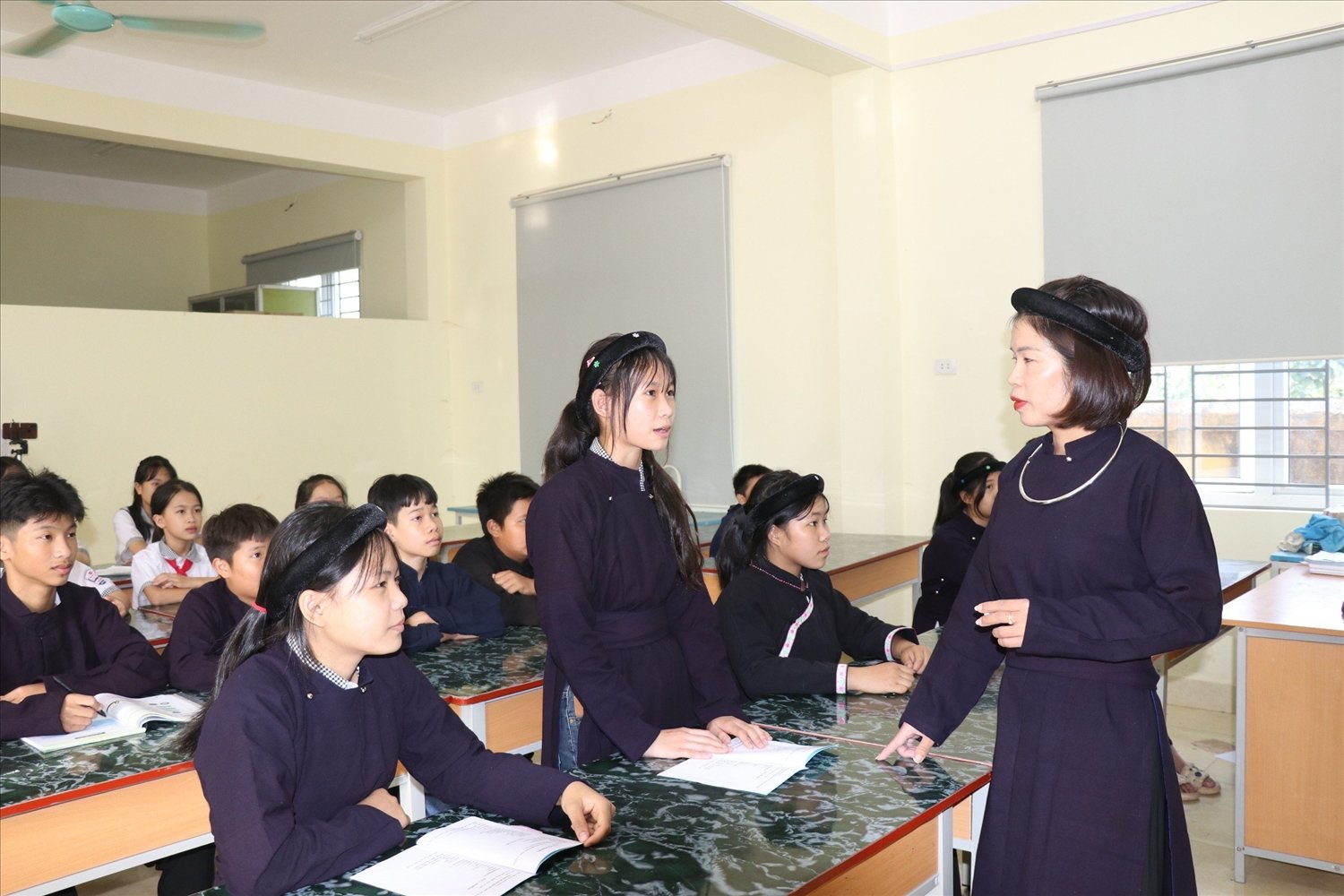









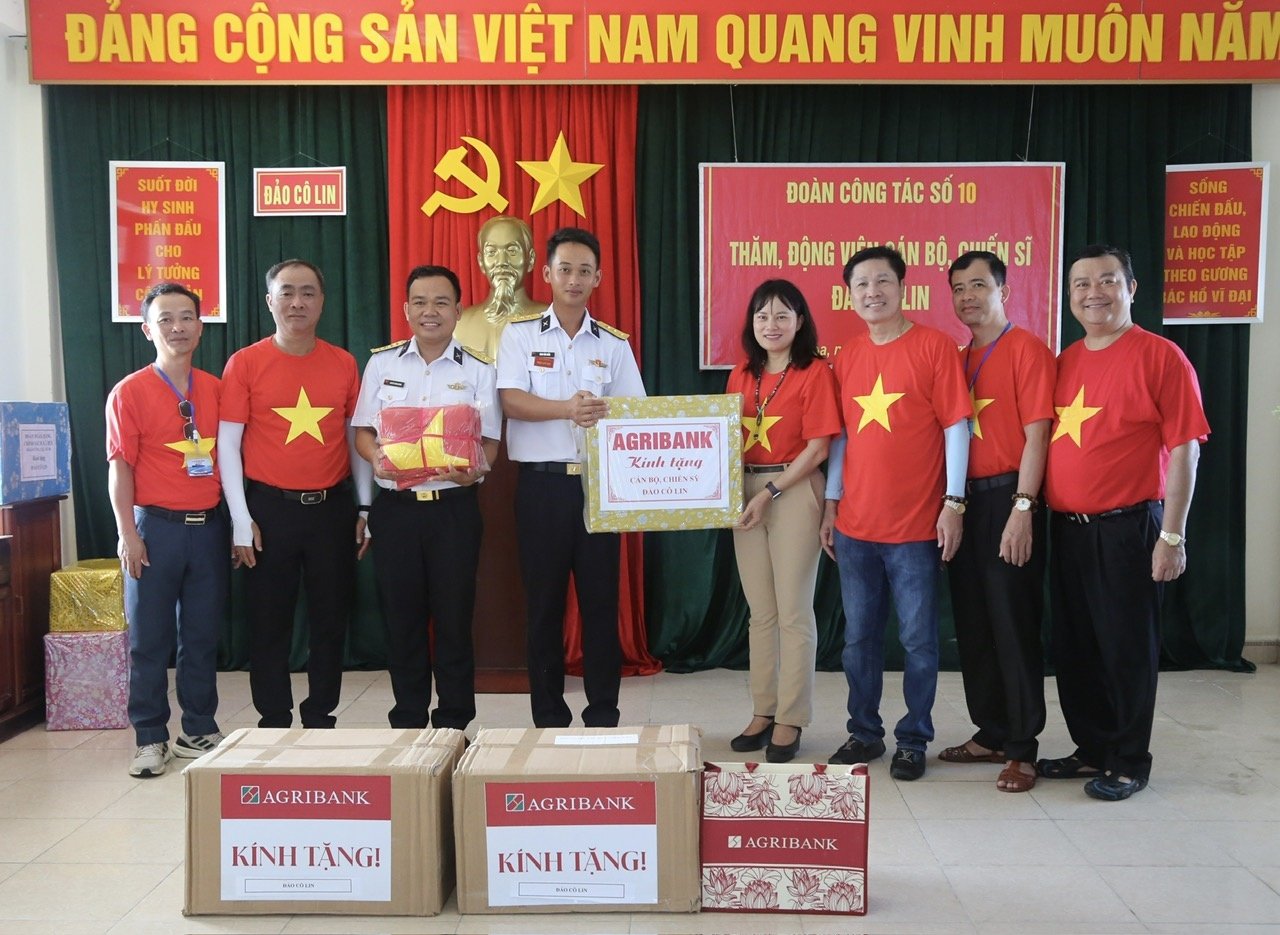
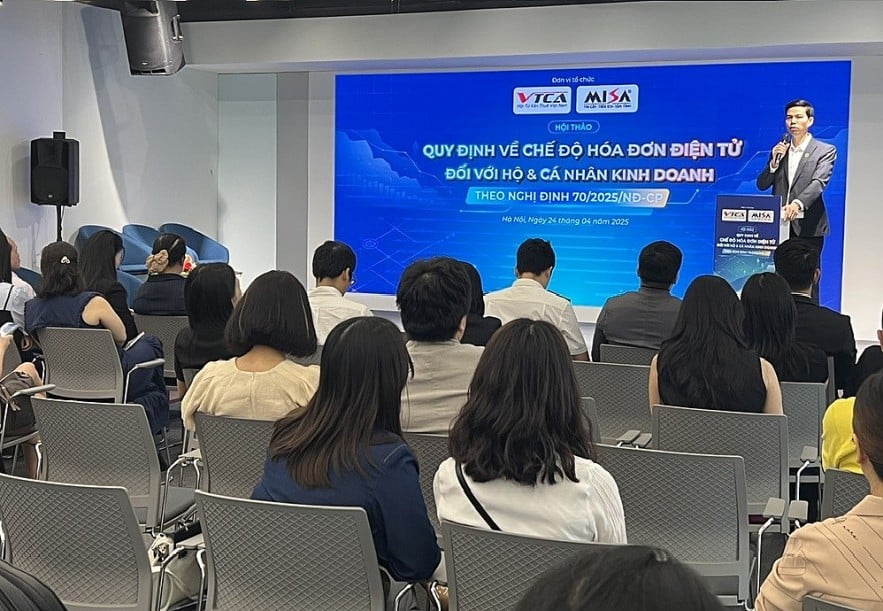


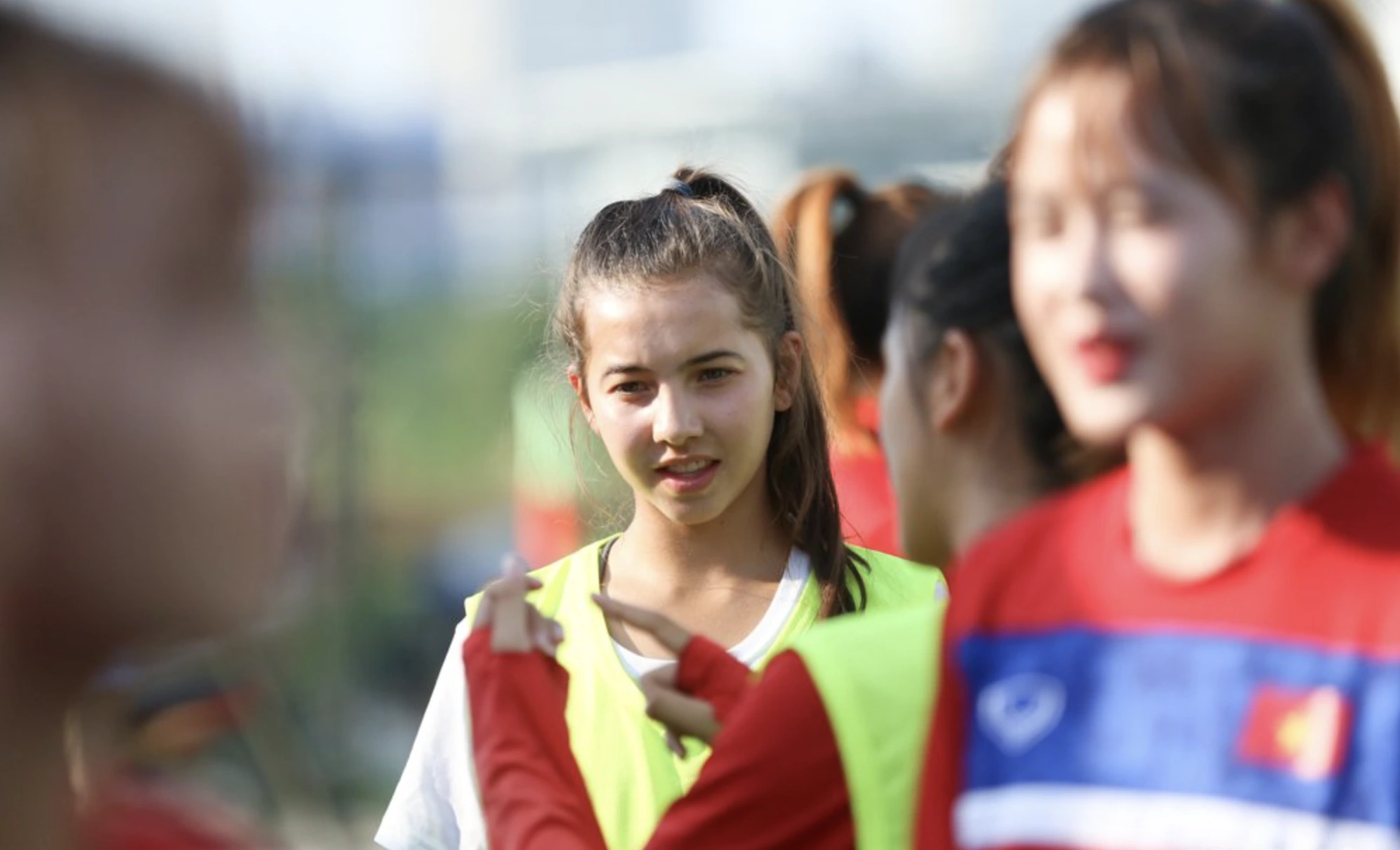

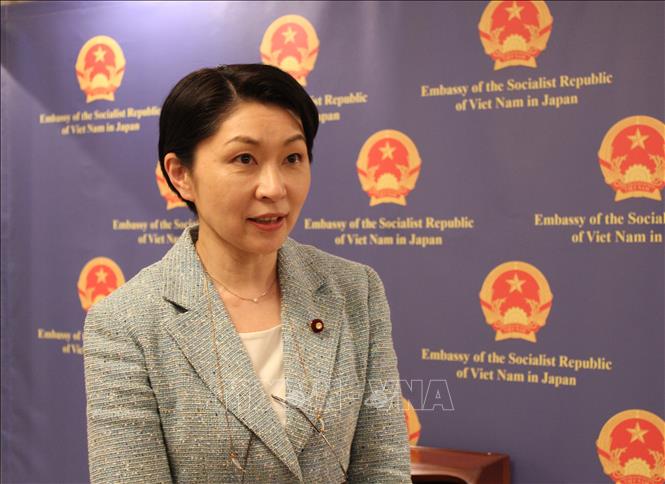




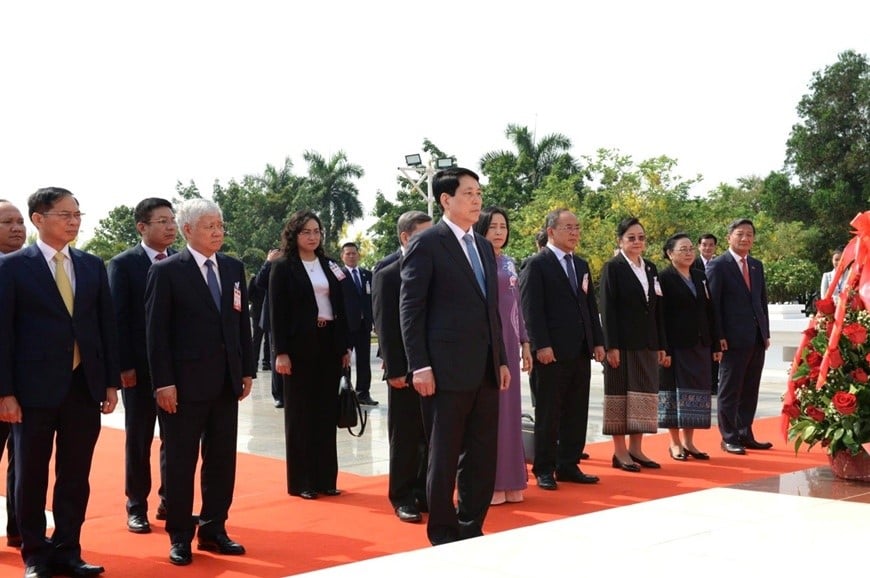

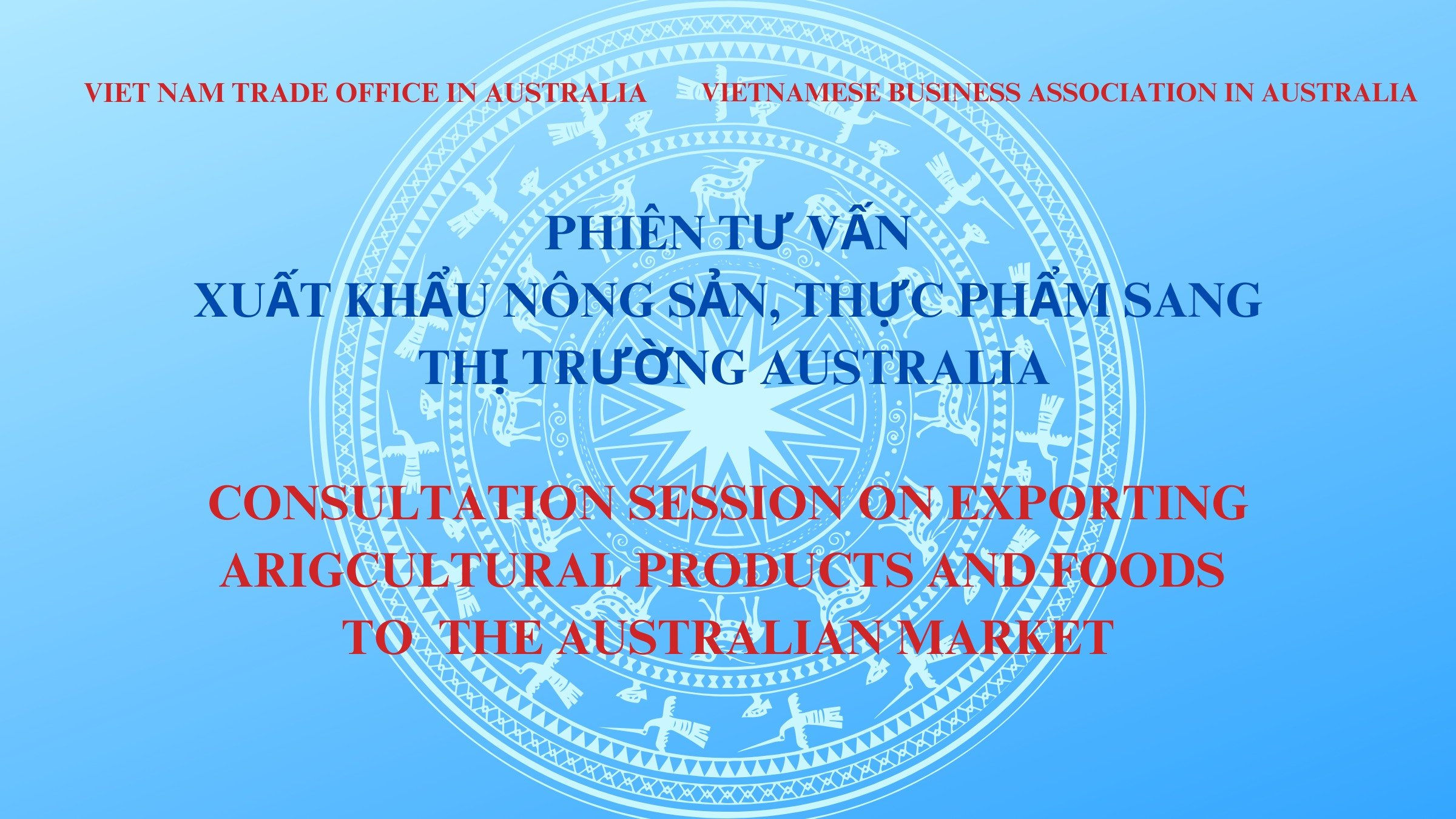




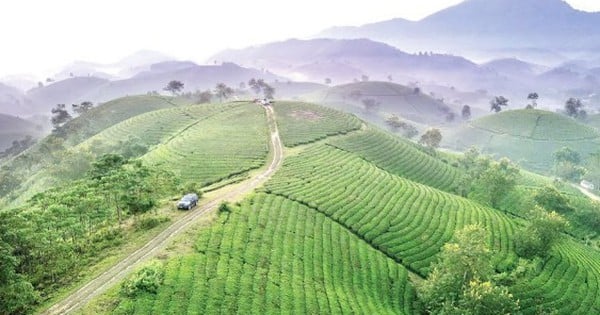


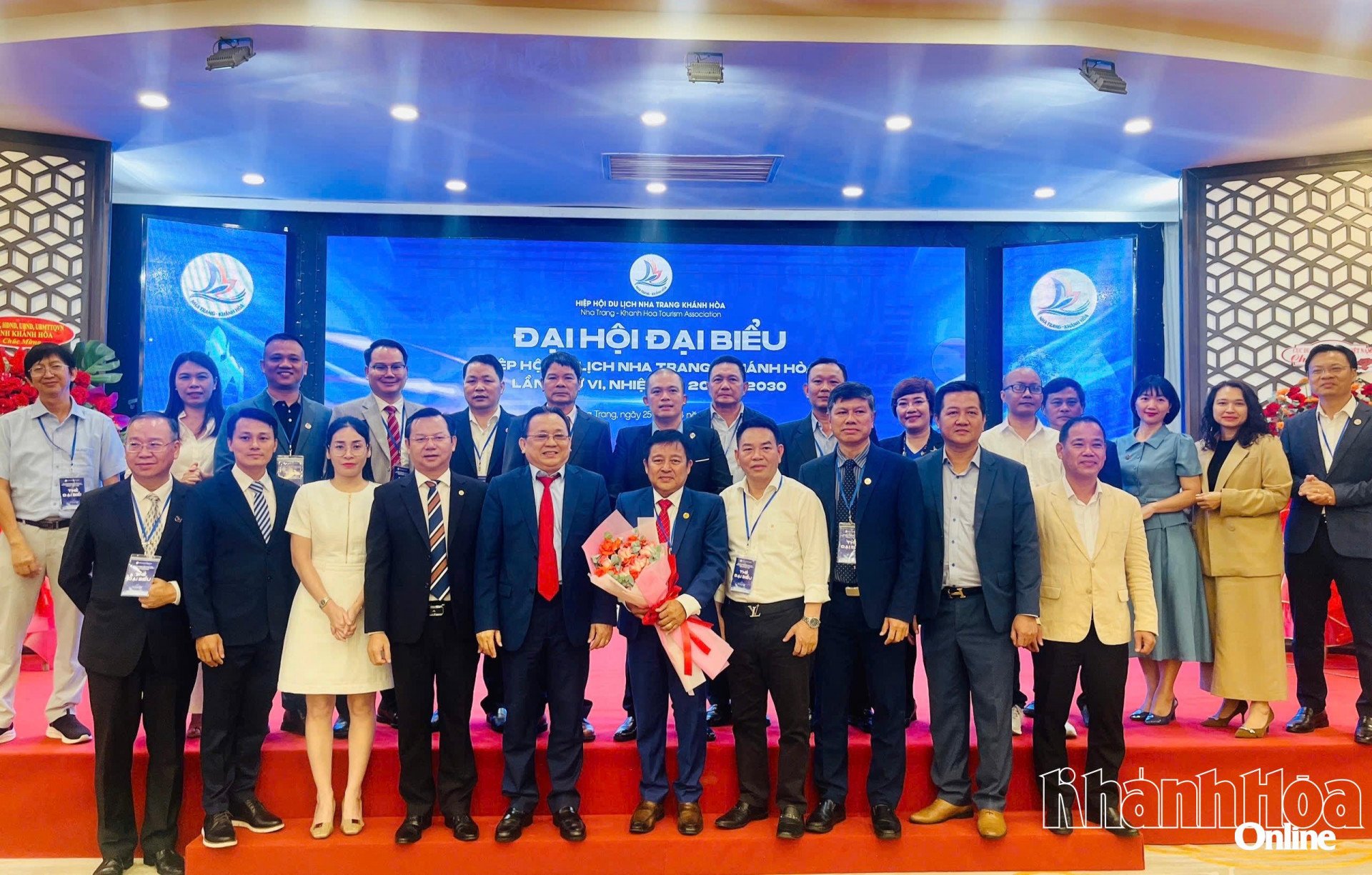



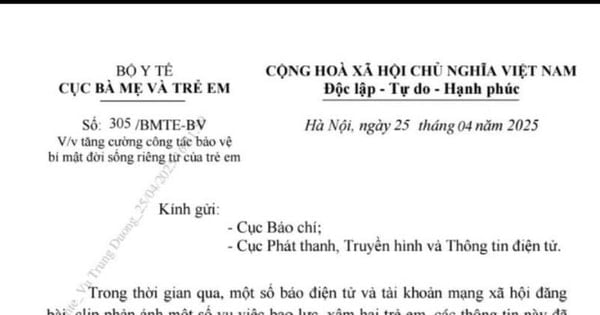

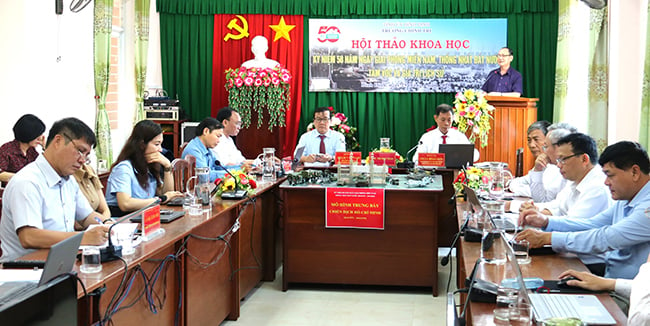
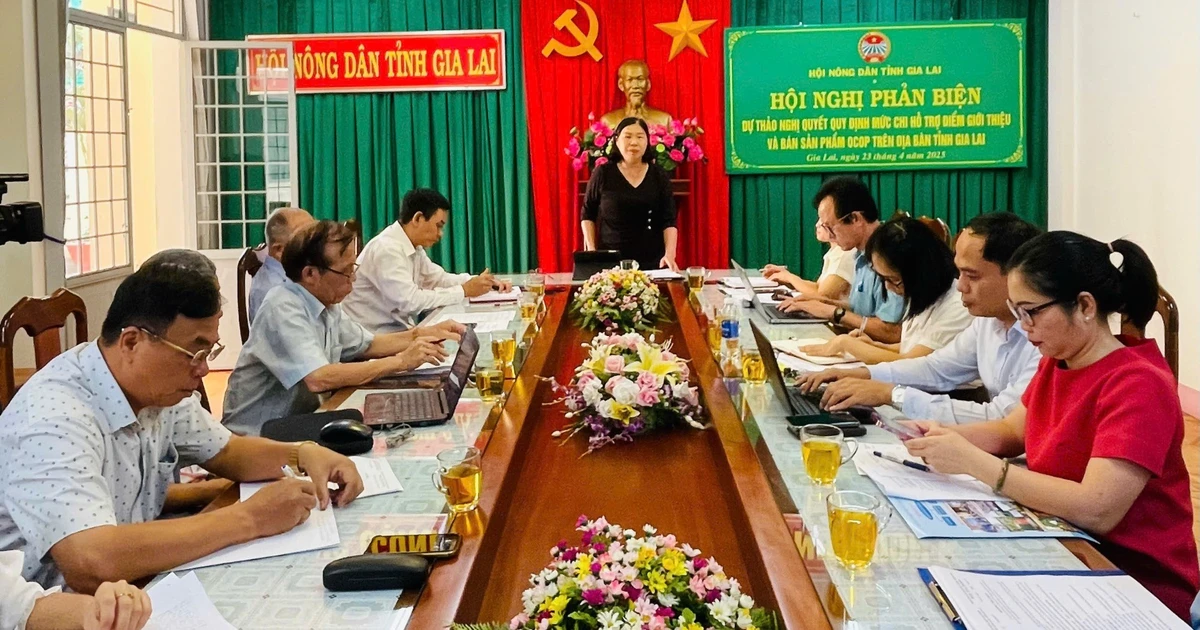

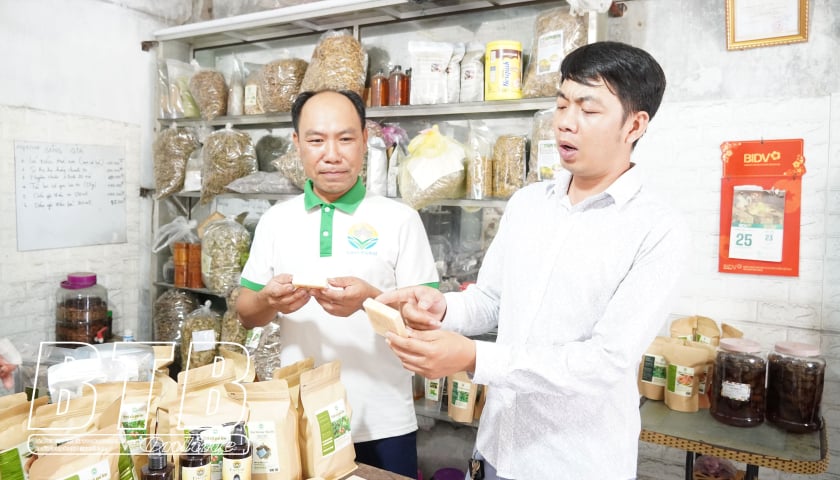



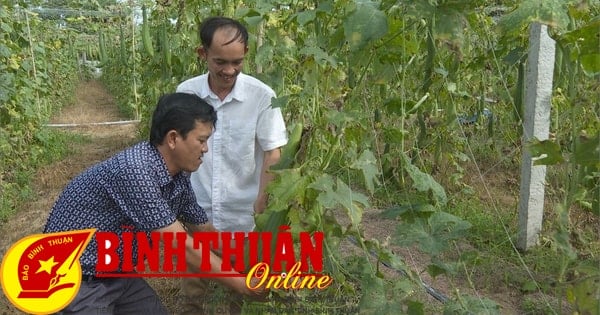

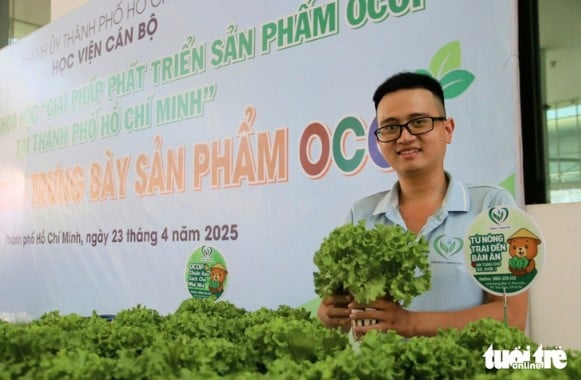
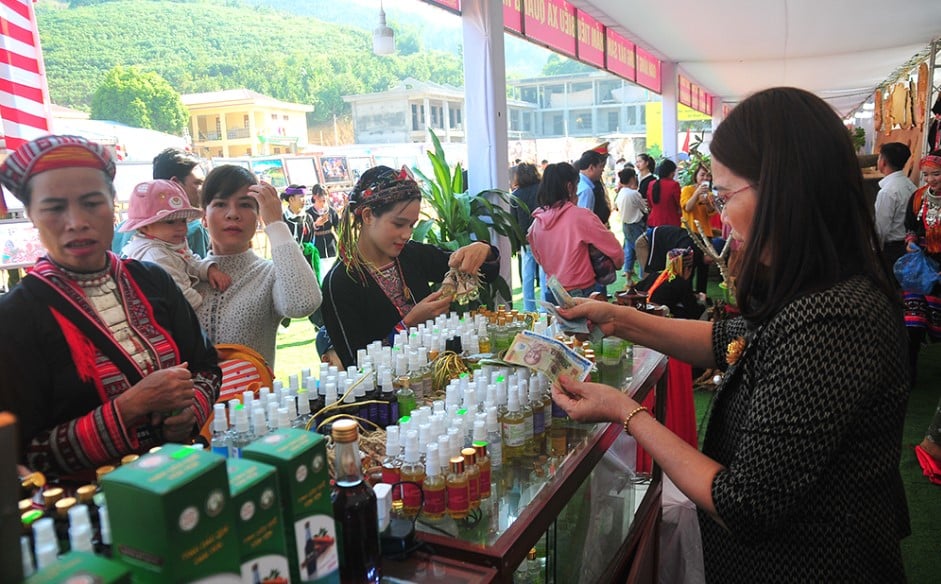
Comment (0)